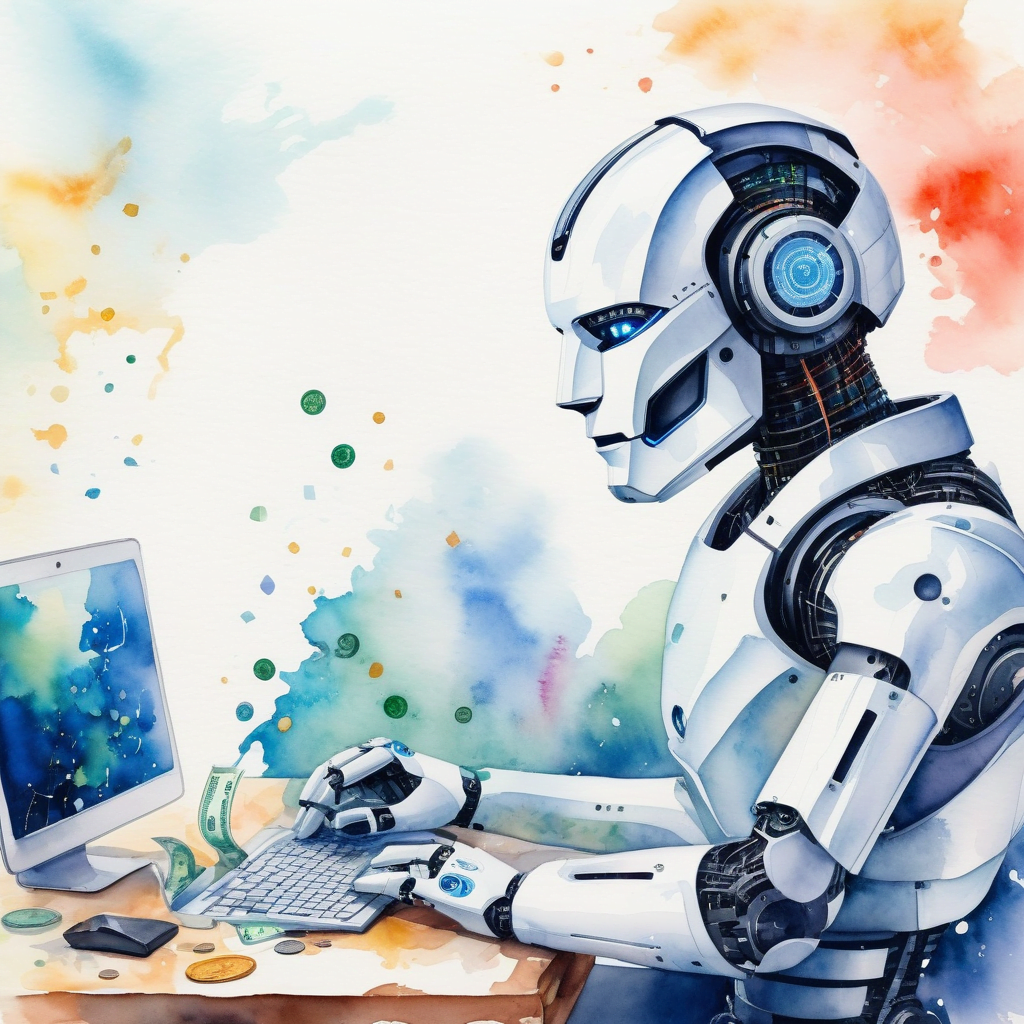Transforming Manufacturing with AI
The Rise of Industrial AI and IoT
Discover how cutting-edge AI technologies are revolutionizing the manufacturing landscape, driving unprecedented efficiency and innovation.
The Impact of Industrial AI and IoT
Industrial AI and AIoT are reshaping the manufacturing industry by integrating advanced analytics, machine learning, and IoT technologies. These innovations are enabling manufacturers to optimize production processes, enhance predictive maintenance, and achieve greater operational efficiency. As a result, businesses are experiencing significant improvements in productivity, cost savings, and overall competitiveness in the global market.
The Intersection of AI and IoT
1. New Software Tools
Traditionally, industrial automation relied on rule-based programming and deterministic algorithms. However, the advent of AI has introduced a paradigm shift. New software tools, such as machine learning libraries and frameworks, empower engineers to build predictive models and optimize processes. These tools allow us to extract valuable insights from vast amounts of data generated by sensors, actuators, and other IIoT devices.
2. Simplified AI Solutions
Gone are the days when AI was reserved for data scientists and researchers. Today, user-friendly AI platforms democratize access to machine learning. Engineers and domain experts can leverage pre-trained models or build custom solutions without extensive coding knowledge. The democratization of AI accelerates adoption across manufacturing floors.
3. Infusion of AI into Legacy Applications
AI doesn’t require a greenfield approach. Instead, it seamlessly integrates with existing legacy systems. For instance, predictive maintenance algorithms can analyze historical data from legacy sensors to predict equipment failures. By retrofitting AI capabilities into legacy applications, manufacturers maximize their return on investment.
4. Advances in AI Hardware
The hardware landscape has also evolved. Graphics Processing Units (GPUs) and specialized AI chips (e.g., TPUs) accelerate model training and inference. Edge devices equipped with AI accelerators bring intelligence closer to the data source, reducing latency and enhancing real-time decision-making. These hardware advancements make AI deployment feasible even in resource-constrained environments.
Benefits of AI Adoption in Manufacturing
1. Enhanced Efficiency
AI optimizes production processes by minimizing waste, reducing energy consumption, and streamlining workflows. For instance, AI-driven demand forecasting ensures that manufacturers produce the right quantity of goods, avoiding overstock or stockouts. Similarly, AI-powered robotics automate repetitive tasks, freeing human workers to focus on complex problem-solving.
2. Higher Product Quality
Quality control is critical in manufacturing. AI-powered vision systems inspect products for defects, ensuring consistent quality. Whether it’s identifying faulty components on an assembly line or detecting microscopic defects in semiconductors, AI enhances precision and reliability. High-quality products lead to customer satisfaction and brand loyalty.
3. Predictive Maintenance
Unplanned downtime costs manufacturers billions annually. AI-driven predictive maintenance analyzes sensor data to predict equipment failures before they occur. By scheduling maintenance proactively, manufacturers avoid costly production stoppages and extend the lifespan of machinery.
4. Safety and Compliance
AI monitors safety protocols, detects anomalies, and alerts operators in real time. Whether it’s identifying hazardous conditions or ensuring compliance with environmental regulations, AI enhances workplace safety. Moreover, AI-driven compliance audits streamline documentation and reduce administrative burden.
Real-World Applications
1. Smart Factories
Smart factories leverage IIoT sensors, AI algorithms, and robotics to create agile, data-driven production lines. These factories adapt to changing demand, optimize energy usage, and minimize waste. For example, AI-powered robots collaborate with human workers, handling repetitive tasks while learning from their interactions.
2. Supply Chain Optimization
AI analyzes supply chain data to optimize inventory levels, reduce lead times, and enhance logistics. By predicting demand fluctuations and adjusting procurement strategies, manufacturers achieve cost savings and maintain seamless operations.
3. Energy Management
AI monitors energy consumption patterns and suggests energy-saving measures. Whether it’s adjusting HVAC systems or optimizing lighting, AI ensures sustainable energy usage without compromising productivity.
Industrial AI and AIoT: Key Statistics
- Manufacturing Efficiency Increase 90%
- Reduction in Operational Costs 80%
- Improvement in Product Quality 70%
%
Impact of IoT in Manufacturing
What Industry Experts Are Saying
★★★★★
“Implementing Industrial AI has revolutionized our production line, reducing downtime by 50%.”

John Smith
Chief Operations Officer, TechManufacture Inc.
★★★★★
“AIoT solutions have significantly enhanced our predictive maintenance capabilities, saving us millions annually.”

Jane Doe
Head of Engineering, Innovatech Solutions
★★★★★
“The integration of AI in our manufacturing processes has led to unprecedented levels of efficiency and quality control.”

Michael Lee
Production Manager, FutureTech Industries
Transform Your Manufacturing Today
Join the revolution in manufacturing. Sign up for our newsletter, download our latest whitepaper, or explore our cutting-edge AI solutions to take your operations to the next level.


